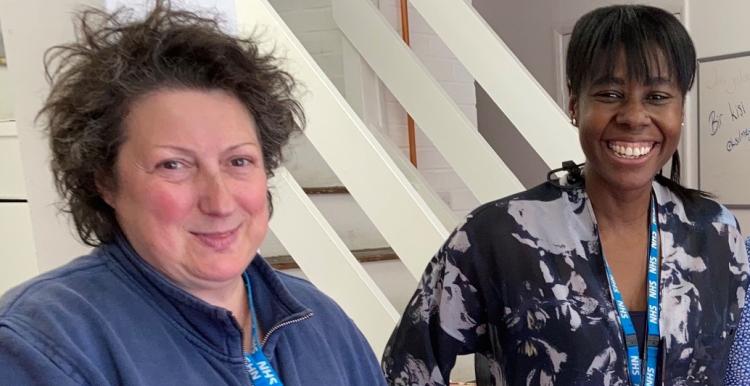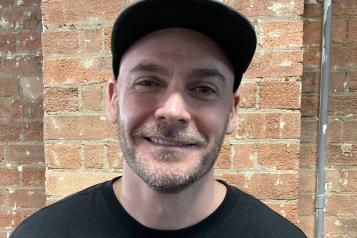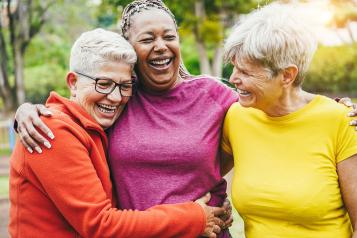Starting up conversations about physical and mental health

Philippa Russell is our Mental Health Partnerships Coordinator. She normally works full-time for Healthwatch, but this year she is based at CANDI (our local mental health trust) for most of the week. She works to strengthen links between the Trust and the community and help ensure that mental health services can meet the needs of the diverse population in Islington.
Working with Population Health Nurses like Beatriz and Vanessa (pictured) who are based at the Trust, we've been going out to community settings to offer free health checks. It’s proved to be a great way of helping people to engage with the idea of physical and mental health.
In October, we gave health checks at a community event hosted by Light Project Pro International, an educational charity that runs a wide range of projects for people of all ages in Islington. They work to improve opportunities for those at risk of being socially marginalised. Some residents who had health checks were in their eighties but they were still very active and told us they enjoyed taking part in lots of activities put on by the charity, based at The Exchange on Watkinson Road (not far from Caledonian Road Underground). Other providers were offering vaccinations, dental support, mindfulness, and exercise activities.
How the health checks went
17 people had a physical health check and some came to the event expressly for this purpose. Everyone said they found the health check really helpful. Examples of feedback included “pleased to have good blood pressure. I have a leaky valve and can get breathless but I got some great support from the check” and “I’m going to watch my weight, cut down on what I eat."
Some felt reassured because their results were good, “All was fine. I walk a lot and changed my diet because I had high blood pressure so I wanted to see if it was okay and it is good, so I'm happy.”
One resident felt that men didn't talk enough about things that worried them and said that more health checks like this were needed for men’s groups. “I really wanted to have the check to have advice around diet and exercise and sleep issues following an early diagnosis of cancer. It was super helpful.”
We had male and female nurses with different ethnic backgrounds, which worked brilliantly for the diversity of the event. The male nurse could talk to men about issues that were easier to chat about in relaxed privacy.
Support for carers
At previous health check sessions we’d noticed that a good number of the people we were seeing said they were supporting other family members but did not necessarily think of themselves as carers, nor were they aware that there was support available for people in their position from Islington Carers Hub. So we got in touch with the Carers Hub and arranged for them to come along to this session to let people know about their offer.
Preventative care
Some people's health checks uncovered issues that were of concern. These people were given advice about their health and wellbeing or advised to speak to their GP. In these cases, with consent from the patient, the health check results are passed on to the GP. This really helps with follow-up, especially as a number of people expressed some reluctance about contacting their GP themselves because they felt that GPs are busy and “have other patients who need their help more.”
People did generally report good relations with their GP and did feel supported by them, but often by phone.
Support for mental health
There were a couple of residents who appreciated support around their mental health and ideas around helping with stress and anxiety, or caring for a family member with mental health issues.
The nurses are amazing and offer gentle advice and really listen to each person so they can discuss a range of issues. The nurses enjoy supporting these community events. For them, it's different from the usual day. It’s a way to connect and talk with people in a relaxed way and really know that their work is helping. It’s a quality connection.
Residents who are socially marginalised are at higher risk of mental illness. They are disproportionately affected by factors associated with mental illness such as poor housing, discrimination, and lack of access to education and job opportunities. They tend to have poor engagement with statutory services and are more likely to be seen in crises, which can be a traumatic experience. Engaging with these residents in trusted community spaces to initiate conversations about mental and physical health is really valuable work.
Having these simple, no jargon, conversations in these settings demystifies mental health, we can shed light on the interaction between physical and mental health and encourage people to actively participate in monitoring their health. We have met incredible people and are learning about different cultures along the way. I really enjoy doing this!”


